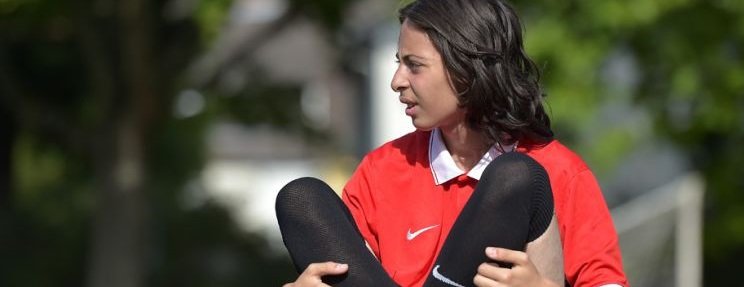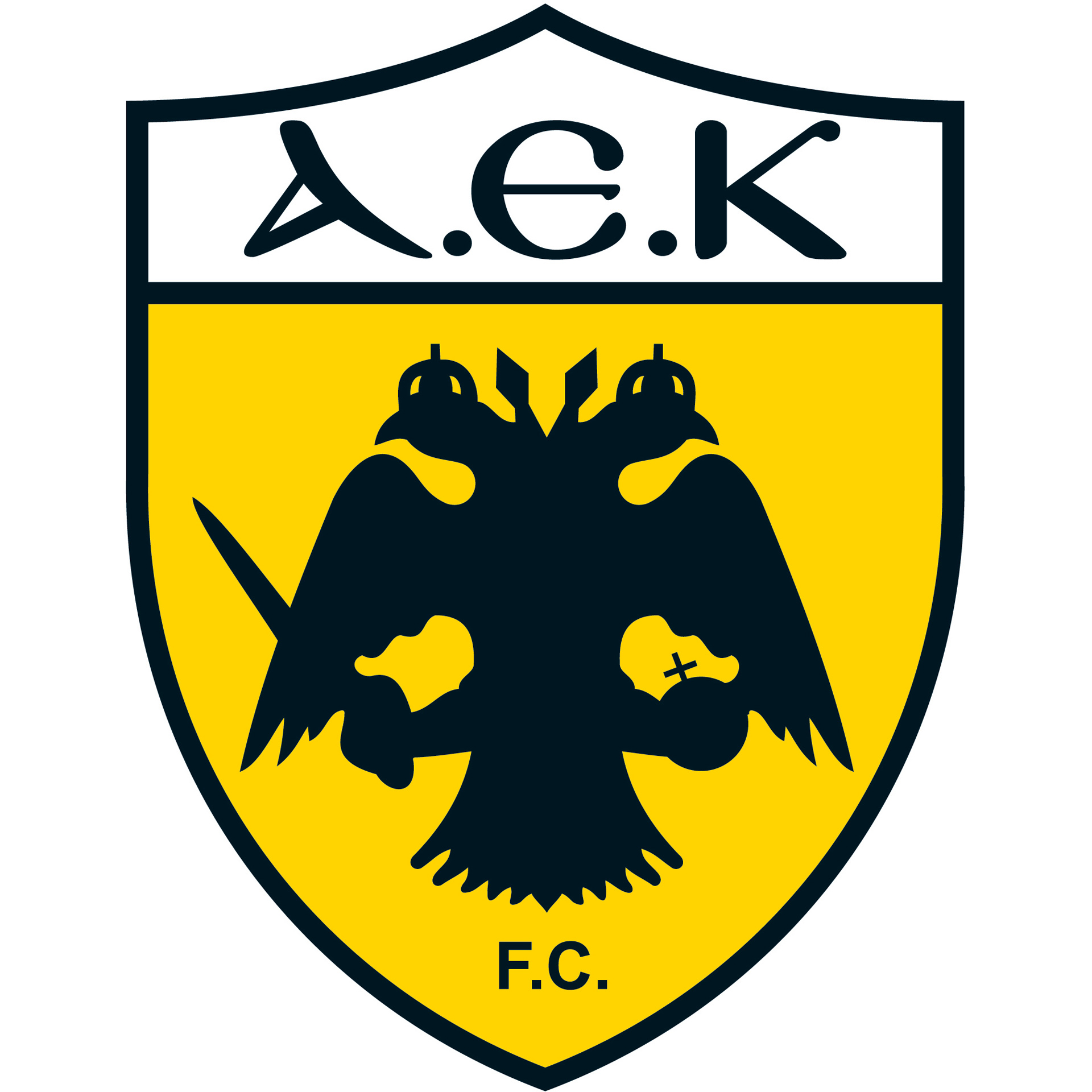“Welcome to Football!”, a conference hosted by the Bundesliga Foundation
In November 2016, EFDN participated in a conference, which focused on the topic “Responsibility in Professional Sport-Together for Integration”. The event, which took place in Berlin, was hosted by the Bundesliga Foundation in cooperation with the German Children and Youth Foundation. They presented the “Welcome to Football” programme which enables young refugees to access sport activities, thereby supporting integration and social interactions. The main strategy to achieve this is forming “welcome alliances”. That means encouraging Bundesliga and Bundesliga 2 football clubs to collaborate with local education providers, civil initiatives, local actors and amateur clubs.The conference brought together more than 120 experts from professional clubs and sports associations both within and outside Germany from politics, NGOs and charities. A variety of workshops and discussion forums debated how professional sport can exploit its potential for integration and consolidate social action.
Overall, the conference was composed of five workshops, which dealt with different aspects of the impact of football on social integration. Among others the participants discussed how professional football clubs can contribute to the process of integration, to what extent girls and women can be integrated in sports, how refugees can receive more responsibility in the sport environment and in which way the efforts of the amateur football clubs can be supported more.

5 WORKSHOPS REGARDING FOOTBALL AND SOCIAL INTEGRATION
1.
The first workshop addressed the question how professional clubs can act as “regional lighthouses” to actively engage refugees. During the meeting, the workshop group agreed that regional clubs need to act as role models from enabling social integration. However, according to the participants it is also important to get in contact with less well-known clubs since their experience and skills can have a valuable impact on the issue area of football and refugees.The question was broad up, how clubs can have a positive influence on the society around them and how a culture of openness and acceptance develops from the welcome they were showing. It was concluded that it is from relevance to formulate goals and content of a welcome alliance in order to then communicate it. This way, groups and organisations who make claims on the club, feel well-informed. To support the level of information, regular meetings and emails among authorities, fan representatives, refugee initiatives and amateur clubs are important. Additionally, the workshop group agreed that the term refugees should not be over inflated.
2.
The second group of participants discussed how professional football support refugees in Germany and Europe. In this regard the football initiative ‘Welcome to Football’ and a comparable platform, which was created by Sport in the UK, were identified. It was concluded that football for social integration initiatives in the UK, Germany and the Netherlands benefit from each other through their knowledge and experience. Additionally, during the workshop the questions were raised how professional clubs can enrich the everyday lives of refugees, how their identification with their new country can be strengthened and on which partners they are depending? Overall, the group agreed that football clubs and alliances have proven to be an entry point for many refugees.Yet, it was also established that despite the efforts, which have already been made by the initiatives and through professional football clubs, there is still room for improvement. Projects need to be sustainable in the long-run. Therefore, it is necessary that the actors formulate long-term strategies and goals. To achieve that and to create trust, skills, responsibilities and expectations should clearly be stated.
3.
One of the major questions, which the participants of workshop three addressed was ‘how can the volunteers’ motivation, qualification and material equipment be improved? And which support should clubs and professional sport provide’? The overall topic of the workshop was ‘Who helps the helping? Supporting amateur clubs integrating refugees’. The group of participants concluded that the ‘1:0 for a Welcome Imitative’ is one of the main pillars to support clubs. This is done in the form of donations. This year, in 2017, the successor programme ‘2:0 for a Welcome Initiative’ shall be started and provide new funds to support amateur clubs. The programme from the German Football Association does not only meet with club representatives for financial support but also provides structural help. This structural help is for example done by giving clubs multilingual explanations of organised sport in Germany for the refugees, who are not familiar with a complex variety of clubs in their country of origin. Next to that, more courses shall be provided to coaches and helpers to equip them for inter-cultural work.
4.
The fourth workshop addressed the question, how professional and amateur clubs can support and encourage the process that refugees do not only participate in football but also become engaged as coaches and volunteers? And how should clubs focus their qualifications with these aims in mind? Firstly, a project for this year, 2017, was discussed. It plans to build four soccer courts in refugee accommodation facilities. Next to that project, the discussion focused on a pilot training course, which recently took place and in which 13 men with a refugee background were familiarised with the German club culture. Overall, the workshop group concluded that clubs have to become more flexible in terms of providing training courses. By reason that some prerequisites could be rather deterrent towards refugees, such as training course fees, filling out forms, a first-aid course or a driving licence. Only through more flexibility and more cooperation, refugees can receive more responsibility in sports.
5.
The last workshop group dealt with the question to what extent girls and women have access to sports. It was established that for girls and women less structures are available to participate in sport. According to the working group, more opportunities need to be developed in order to recognise the different types of talents, which the girls and women might have in sports. The working group also concluded that it is from importance to take cultural factors into account. Among others, coaching needs to be carried out by women in order to create a safe environment. Next to that, it was discussed that it would be helpful to collect the women and girls directly from their places and accommodations since otherwise they may not feel safe in remote sports fields.


Aris Limassol FC Social, Environmental, and Health Initiatives





